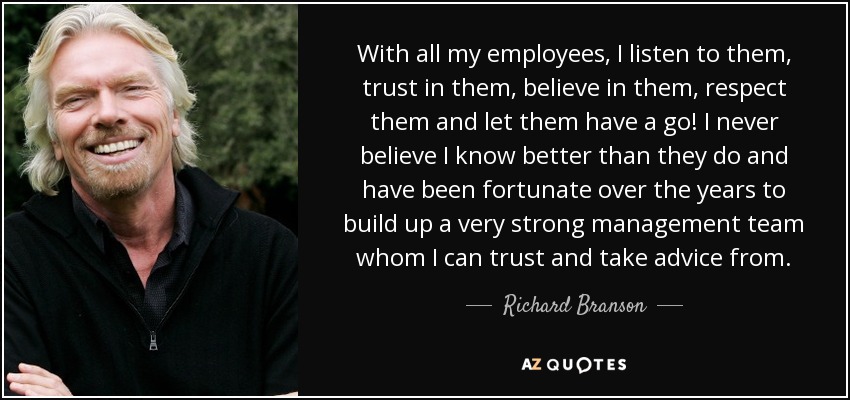Being a clinic manager in a multidisciplinary health clinic, I have noticed many cultural changes that often impact one or many staff members. In my years of experience, I find that staff often try and voice their opinions and frustrations. They organise meetings with their superiors and feel they are not heard. Then, they leave the meeting feeling that the whole endeavour was a waste of time. When the organisation’s culture has shifted, staff feel the shift and lose interest, motivation, and inspiration towards a vision they once supported, feeling that the organisation has become toxic.
I find that staff become demotivated due to feeling underappreciated. I have witnessed many exceptional staff members go above and beyond their duties as clinicians or as administration staff. However, they still feel unsupported by the management hierarchy and feel their work is either insufficient or that their efforts have gone unnoticed.
I often wonder if employees lose motivation and inspiration overnight or if it’s a more gradual but consistent flow of negativity, an undercurrent, that sweeps through an organisation over time, going undetected. Perhaps a decline in motivation is a more tangible one stemming from a clash of personalities amongst colleagues? An unresolved conflict that leads to palpable tensions.
CEOs of large organisations such as Richard Branson often discuss negative culture within organisations breed toxicity and cause a decrease in motivation and passion. Tim McClure, a strategic advisor to entrepreneurs, investors and CEOS from blue oak strategy, also discusses that when passionate, motivated employees become quiet, and devote themselves to their work, it is usually a sign that the current work environment has become dysfunctional.
Ask yourself, “if you have ever worked in an organisation where your desire to go to work was directly correlated to your enthusiasm towards working with a colleague or colleagues”.
McClure further states that loss of motivation in staff members is not something that happens over a night. Instead, they often feel the storm brewing over time but are unable to take proactive measures. As a result, many staff members refrain from voicing their concerns and instead resign from the organisation.
A good leader does their absolute best to diffuse situations before they fester and turn into larger problems. A successful leader creates an open and positive work environment by allowing every staff member to be heard and seen and in doing so ensuring a team remains passionate, inspired and motivated to drive the company’s vision forward.
As a Clinic Manager and leader in my organisation, I ‘ve taken a leaf out of Richard Branson’s book and follow a simple but effective strategy-
“With all my employees, I listen to them, trust in them, believe in them, respect them and let them have a go! I never believe I know better than they do and have been fortunate over the years to build up a very strong management team whom I can trust and take advice from” – Richard Branson.
.
